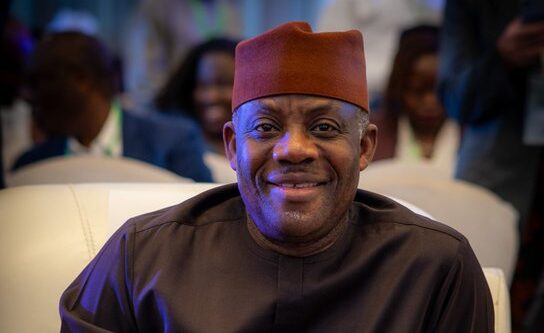A quiet but powerful change is underway in Nigeria’s education sector — one that could reshape how the country trains its future teachers.
As of this month, Federal Colleges of Education (FCOEs) across the country have begun a new chapter. Thanks to a law passed in 2023 and recently put into motion by the Federal Government, these colleges now have the green light to do more than just offer Nigeria Certificate in Education (NCE) programs. They can now also award full Bachelor’s Degrees in Education.
The news came out of Abuja, where Education Minister Dr. Tunji Alausa announced the official launch of what’s being called the “Dual Mandate Policy.” The reform, he said, is more than a policy update — it’s a revolution in how Nigeria prepares its educators.
“This change gives our colleges real power,” he said. “They can now develop more advanced programs, and students no longer have to rely on universities alone to get a teaching degree.”

Under the new law, any federal college that meets the National Universities Commission’s standards is eligible to run degree programs alongside their traditional NCE offerings. It’s a move meant to broaden access, reduce reliance on universities for degree certification, and strengthen the quality of teacher training.
The ripple effects could be huge. Beyond easing university pressure, this shift could help solve declining enrolment in some institutions and allow FCOEs to remain relevant in an evolving educational landscape. It also means these colleges gain more control over their own curriculum — giving them the freedom to adapt faster to the needs of modern classrooms.
And that’s not all. By allowing colleges to train teachers at both foundational and advanced levels, the Dual Mandate Policy could help ensure that every child in Nigeria has access to better-qualified teachers — a goal the government says is key to national progress.
As the Minister put it, “A country can’t rise above the quality of its teachers. We’re building a stronger foundation for our future.”
With this new policy in motion, Nigeria takes a bold step forward in shaping a more robust, inclusive, and dynamic education system.




